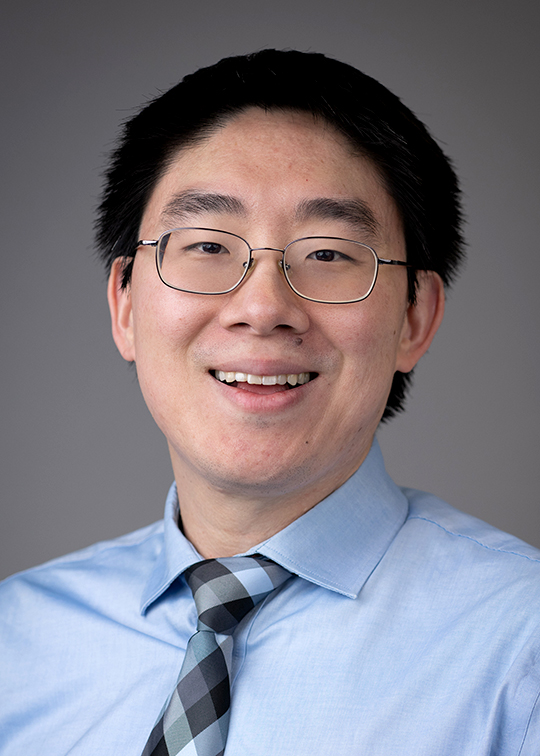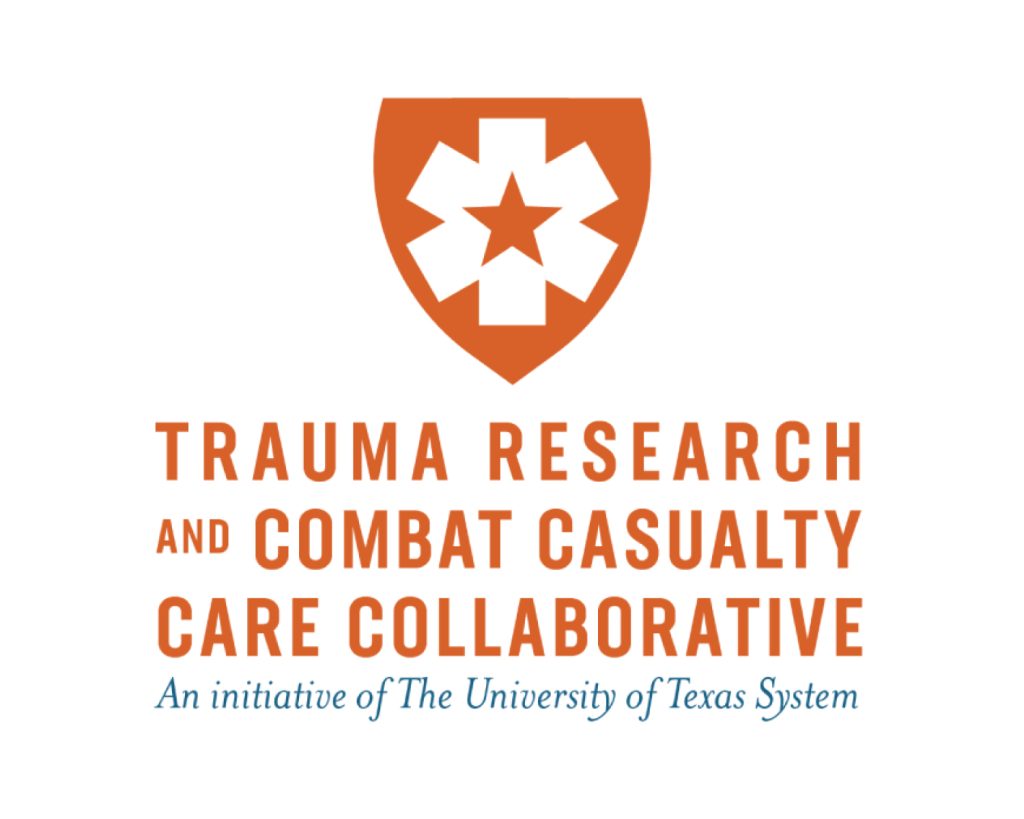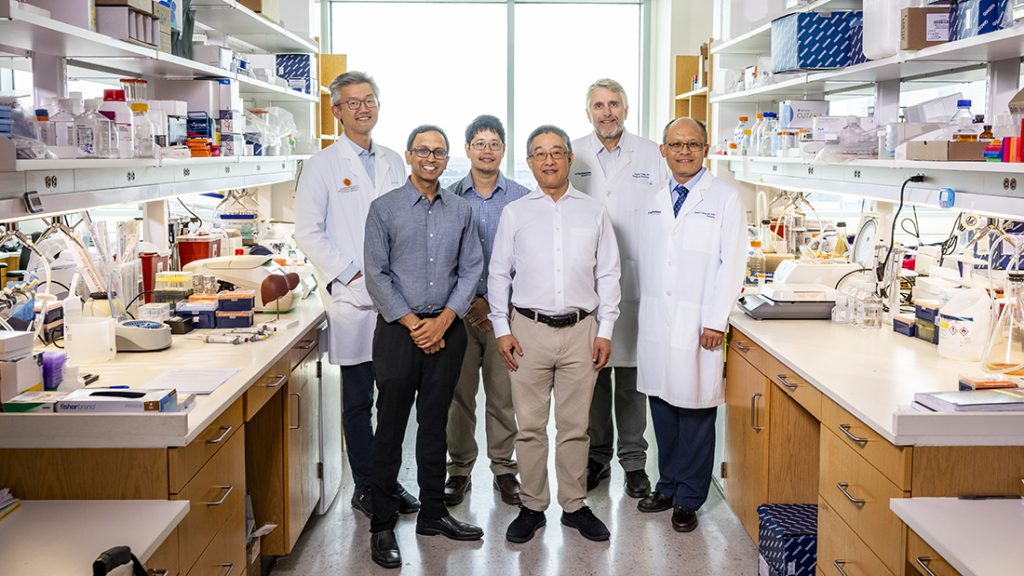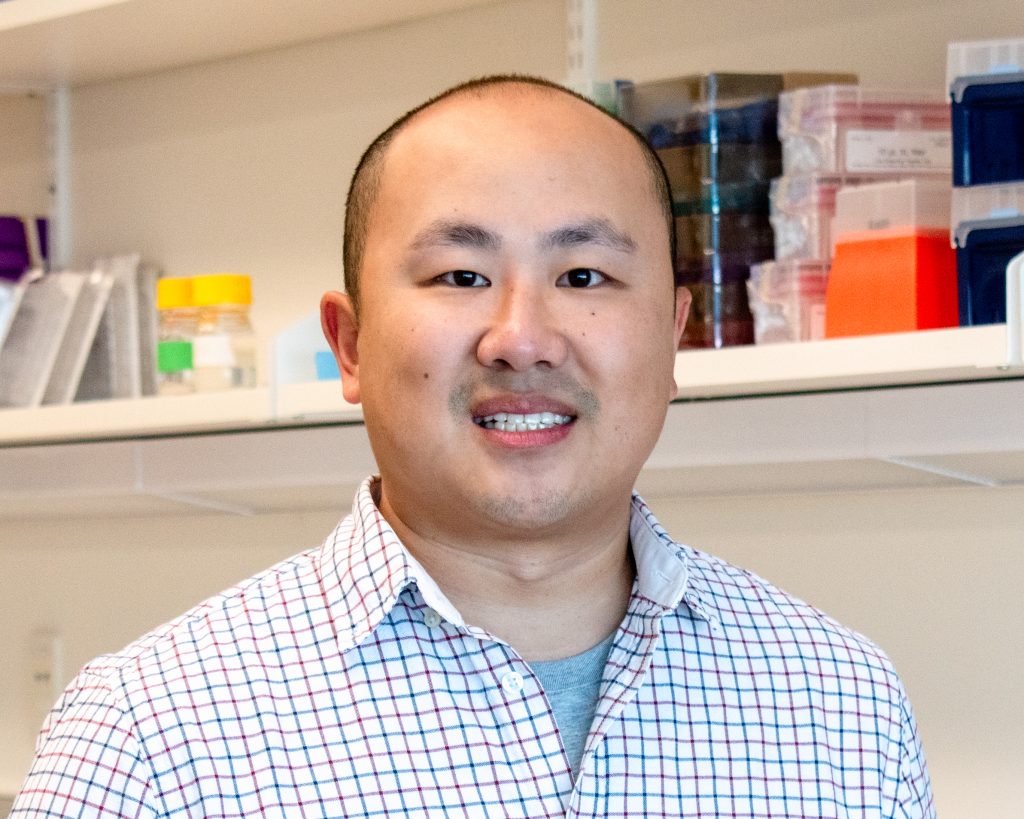UTSW Neonatologist Walter W. Chen to receive $700,000 in funding to continue studying uncharacterized organellar proteins, their connections to disease
When his twin daughters were born prematurely, Walter W. Chen, M.D., Ph.D., knew his children’s lives would be directly impacted by his own field of medicine – neonatology, a pediatrics subspecialty that cares for premature and sick babies in the ICU.

Walter W. Chen, M.D., Ph.D., Attending Physician and Instructor in Neonatal-Perinatal Medicine at UT Southwestern and DeBerardinis Lab postdoctoral fellow.
“A neonatologist’s ability to intervene in the newborn period, and then preserve decades of life for an individual, is quite inspiring,” said Dr. Chen, Attending Physician and Instructor in Neonatal-Perinatal Medicine at UT Southwestern. “I greatly enjoy caring for premature and sick babies and helping parents through difficult times. And, as a scientist, neonatology is a field that has been understudied in the lab and is brimming with undiscovered physiology and links to disease.”
His daughters are now 3 and thriving, and Dr. Chen is more motivated than ever to contribute to neonatology through his own research, which focuses on identifying mechanisms that support newborn metabolism.
Dr. Chen is one of 13 physician-scientists in 2025 selected to receive the prestigious Burroughs Wellcome Fund Career Award for Medical Scientists (CAMS). The award provides $700,000 across five years to help early-career physician-scientists transition from their postdoctoral fellowships to starting their own labs. Dr. Chen is the first neonatologist to receive this award.
“Walter is an exceptional young scientist whose work has already had an impact on the cellular metabolism community,” said Ralph DeBerardinis, M.D., Ph.D., Professor and Director of the Eugene McDermott Center for Human Growth and Development, Professor in the Children’s Medical Center Research Institute at UT Southwestern (CRI) and of Pediatrics, and Director of the CRI Genetic and Metabolic Disease Program. “This award will provide crucial support as he launches an innovative and independent research program.”
Dr. Chen will continue the postdoctoral research he started in the DeBerardinis Lab at CRI in which he computationally identified more than 100 uncharacterized proteins associated with metabolic organelles and began elucidating their functions.
“Receiving this award is a deeply meaningful recognition of my career and future potential, particularly because I am a first-generation American and the first physician and scientist in my family,” Dr. Chen said. “The generosity and flexibility of the award funds are exceptional and will allow me to conduct ambitious research on metabolism and organelles when starting my own lab.”
He hopes his research will address important gaps in scientific knowledge. Organellar dysfunction can cause lethal metabolic disorders in newborns and also contribute to adult diseases such as heart attacks, diabetes, cancer, and neurodegeneration.
“With increased DNA sequencing being used for clinical care and with recent advances in our ability to correct genetic disorders, it has become particularly important to understand the biology of uncharacterized organellar proteins in order to understand what genetic mutations cause organellar dysfunction and disease,” Dr. Chen said.
Dr. Chen received a bachelor’s in biochemistry from Princeton, a Ph.D. in biology from MIT, and an M.D. from Harvard. Following his pediatrics residency at Boston’s Children’s Hospital and Boston Medical Center, he completed his neonatology fellowship at UT Southwestern.
His scientific contributions have steadily gained national attention. As a graduate student, Dr. Chen invented a method to rapidly isolate organelles from human cells to study their metabolites, which was named a 2016 Breakthrough of the Year by the journal Science Signaling. In 2020, he was named a STAT Wunderkind, a national award for highly successful early-career physicians and scientists. In 2022, the American Society for Clinical Investigation selected Dr. Chen as an Emerging Generation Awardee, the same year UT Southwestern named him a W.W. Caruth Scholar.
Most recently, Dr. Chen and international colleagues identified PEX39, the first human peroxisomal biogenesis protein discovered in more than 20 years. PEX39 is responsible for the assembly of peroxisomes, important organelles that have been linked to inborn errors of metabolism in children and neurodegeneration in adults.
Dr. DeBerardinis holds the Eugene McDermott Distinguished Chair for the Study of Human Growth and Development and the Philip O’Bryan Montgomery Jr., M.D., Distinguished Chair in Developmental Biology and is a Sowell Family Scholar in Medical Research. He is also a Howard Hughes Medical Institute Investigator.



